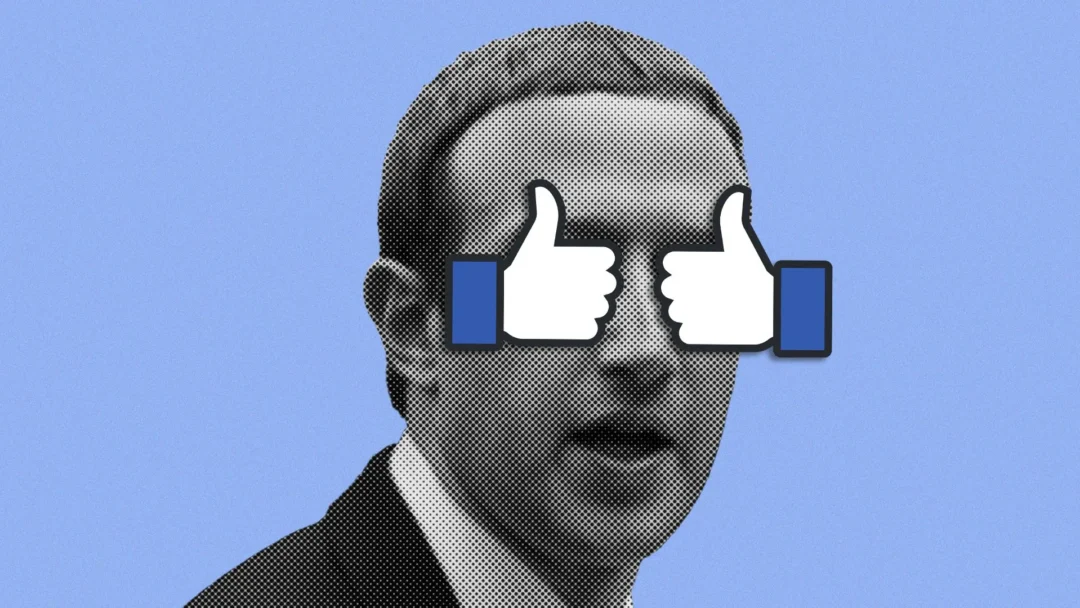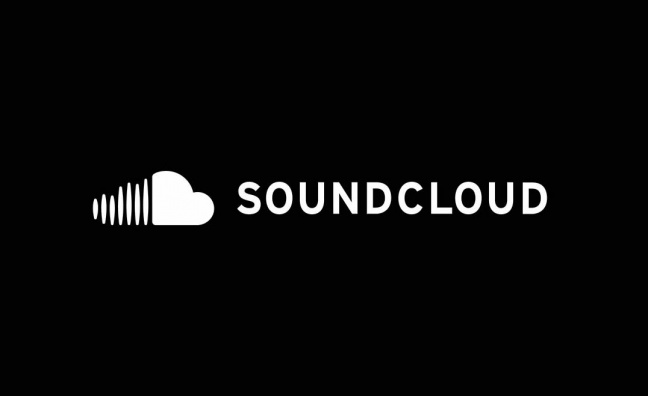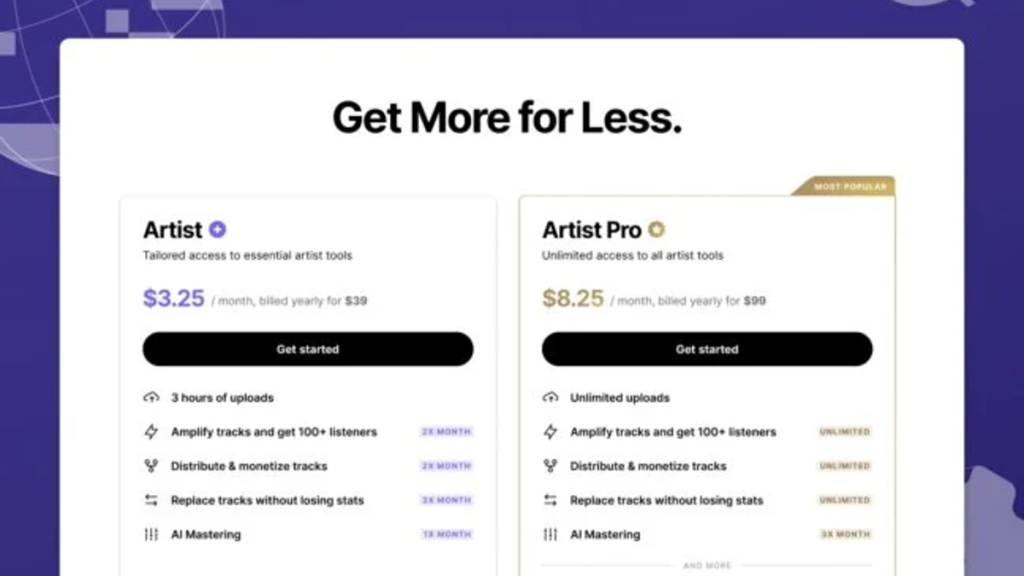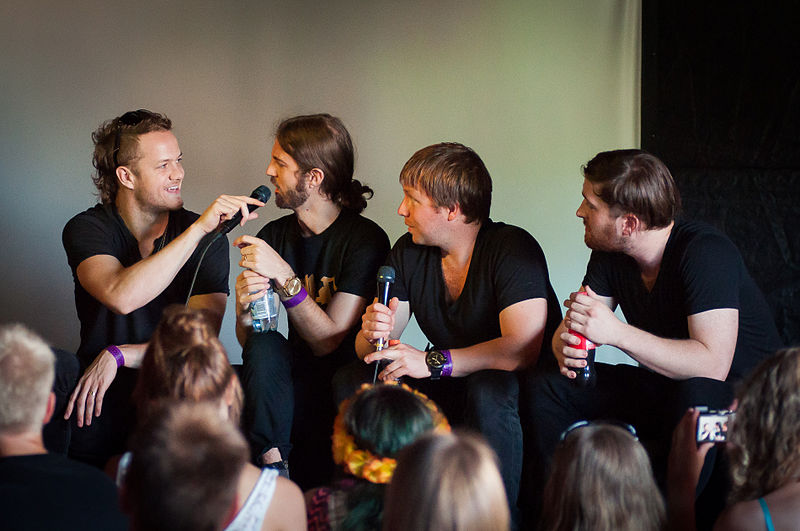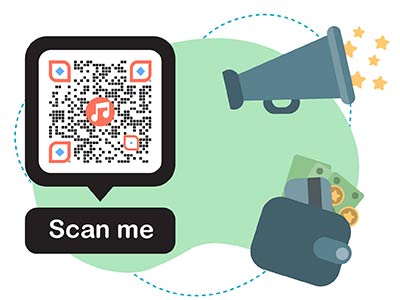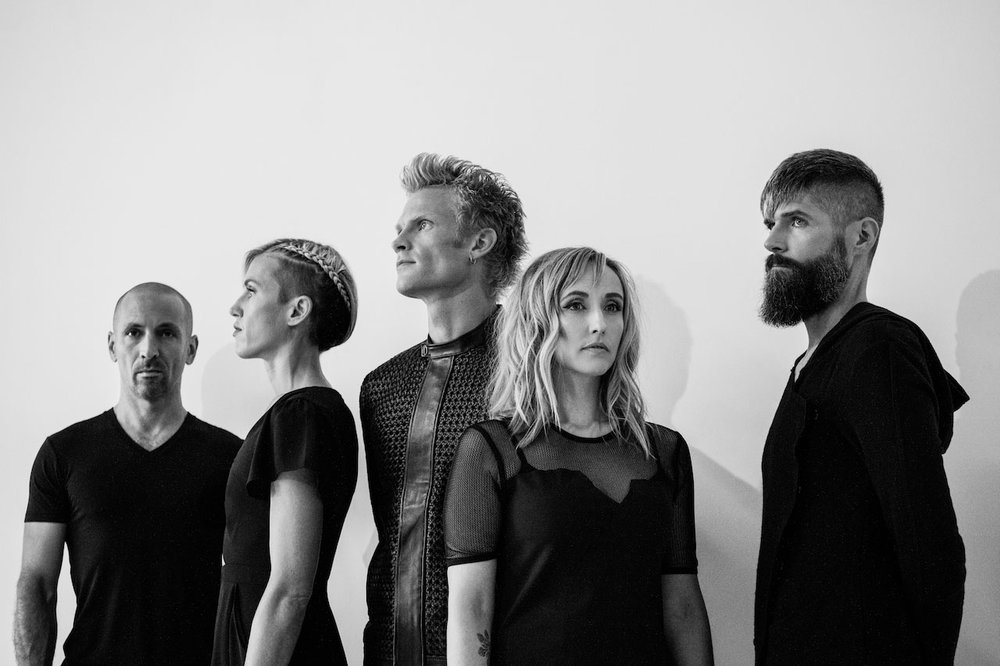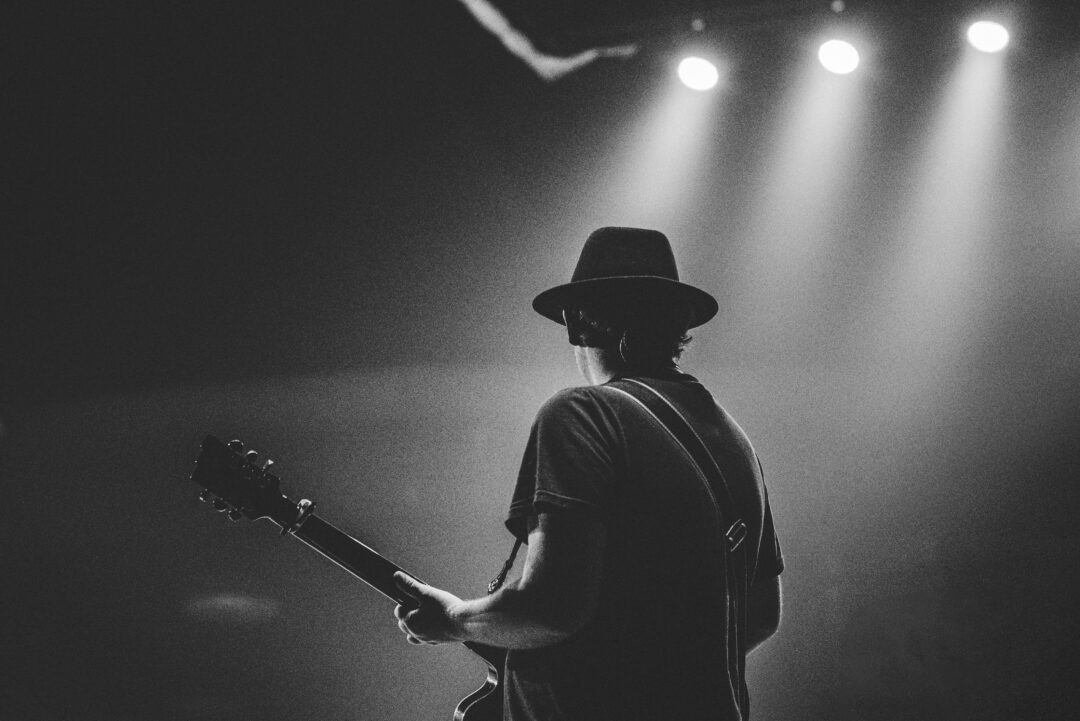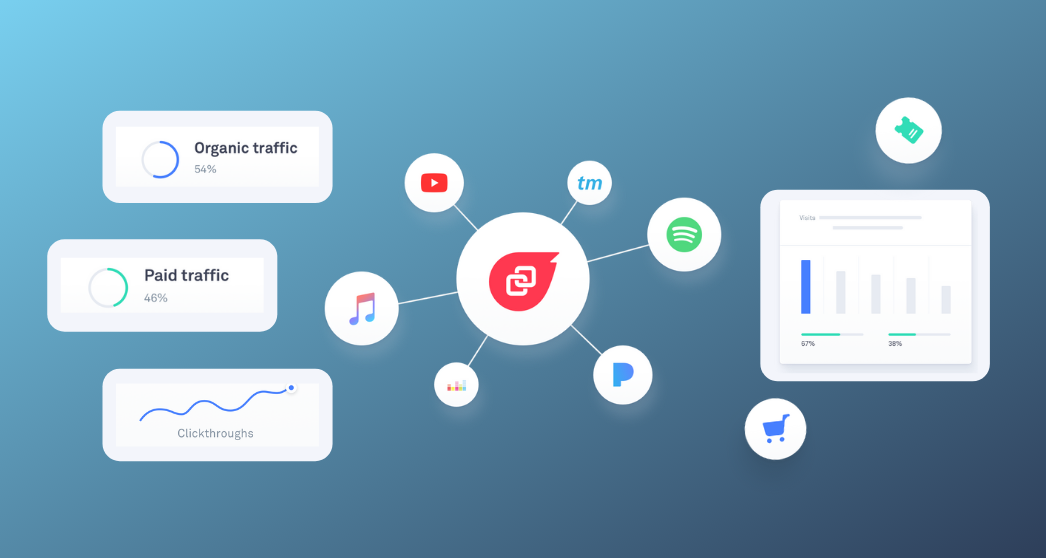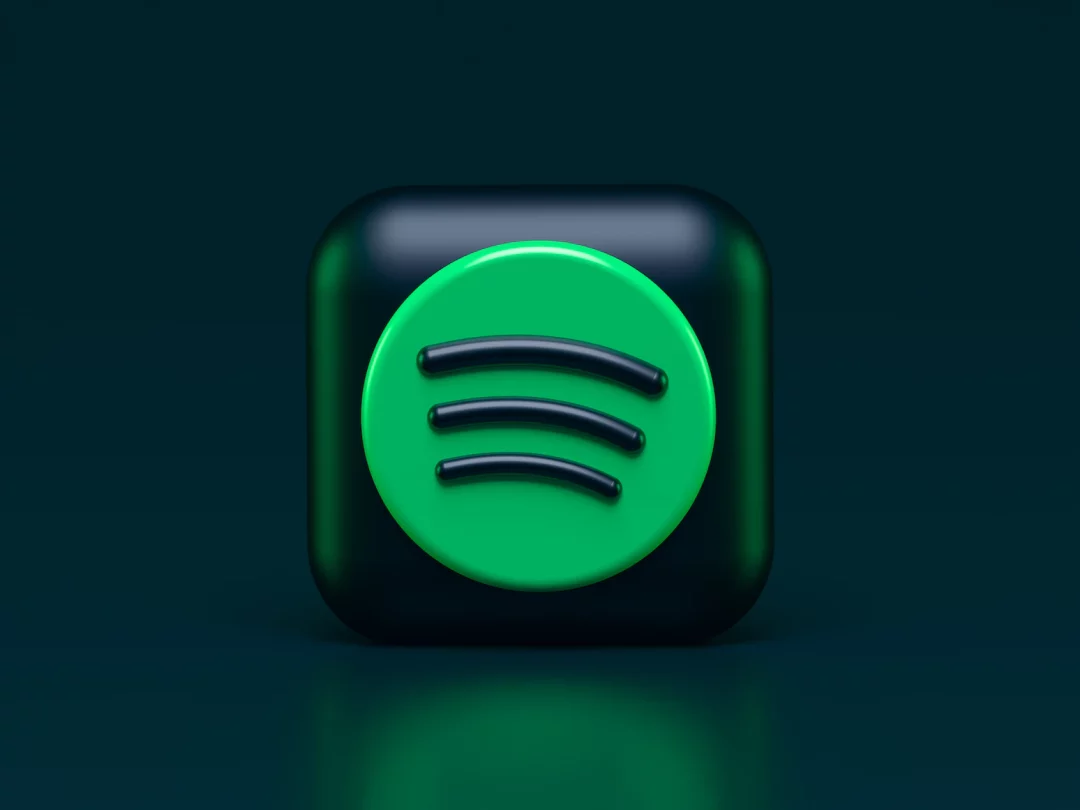The Facebook era for musicians has always been quite the love-hate relationship. On one hand, it gave artists an easily accessible platform to connect with a global audience, share new releases, and keep everyone updated on upcoming shows. On the other, it’s been a melting pot of toxicity, ever-changing algorithms, and never-ending spam.
Most of us know at least one person who jumped ship years ago, citing that the platform was too negative—especially when the laugh reaction feature turned from playful banter into a tool for trolls to reign supreme. Now, with the barrage of new changes from Mark Zuckerberg, it’s becoming clear that a final farewell might be on the cards for even the most stubborn Facebook loyalists.
In recent weeks, rumours and official announcements have emerged about Meta’s move to scrap independent fact-checking altogether. Coupled with new content moderation approaches that mirror Elon Musk’s laid-back policies on X, it’s evident that Facebook is racing down the slope toward unregulated discussions. The timing couldn’t be worse for musicians who rely on Facebook as a lifeline for making announcements, selling merch, or rallying interest in last-minute gigs.
We also can’t ignore how unpredictable Facebook has become with its feed algorithm. Musicians accustomed to letting their fans know about surprise setlists or last-minute venue changes are finding out that crucial posts are only seen days later, sabotaging the immediacy they need. Imagine posting about a gig that night, only to have your followers stumble upon that notice next week. That kind of delay can be catastrophic when you need timely engagement. Combine that with a wave of misinformation that is sure to follow these new regulations, and it feels like we’re watching the downfall of a once-pivotal social media behemoth.
The Unravelling of Time-Sensitive News on Facebook
For years, social media has been the go-to place for quick updates and responses. That raw immediacy changed the music world, making it easier to share everything from album announcements to set timings. The concept of real-time engagement meant you could quickly poll fans for feedback or shift your setlist mid-tour, based on a single post. However, in recent months, Facebook’s feed has become erratic, to say the least. Some users see posts a week late (if at all), while more relevant updates are buried under a stream of adverts and sensationalist clickbait.
Musicians are increasingly finding that show announcements fail to generate meaningful reach in the crucial hours after posting. If your update is only stumbled upon days later, you might as well have pinned a flyer to a random lamp post and hoped for the best. An algorithm that was once a useful ally for immediate engagement is now a chaotic labyrinth, filtering news in a way that defies any logic or urgency. And if your goal is to spread the word about a flash promotion or a surprise appearance, your message might never land in time.
The Toxic Troll Culture
Beyond the scheduling chaos, there’s also the sobering reality of a platform overshadowed by negativity. Facebook has always courted controversy but never has the atmosphere felt so grim. One element that stands out is the “laugh react”. Originally introduced as a playful alternative to a simple thumbs-up, it has now been co-opted as a bizarre power trip by trolls. Under thoughtful or vulnerable posts, you’ll see jeering laugh reacts that do little besides belittle the writer.
Unfortunately, that negativity is permeating every corner of the platform. It’s discouraging for anyone trying to forge a meaningful connection with supporters, let alone artists who put their soul on display every time they release a track or share a backstage story. There comes a point when you start to question the value of subjecting yourself—and your supporters—to such an arena. You may have a close-knit group of fans who respond positively, but that can easily be drowned out by random individuals with a penchant for sarcasm.
Zuckerberg’s Removal of Fact Checkers and the Disinformation Wildfire
In a startling development, Mark Zuckerberg has announced that Meta will discontinue independent fact-checking. Rather than paying organisations to verify posts, Facebook and Instagram will shift towards a “community notes” system, not unlike Elon Musk’s X. On paper, the idea sounds promising: let users self-regulate content. However, critics are already warning that this approach will create a perfect breeding ground for disinformation.
Much like on X, community-based notes can be slow to appear and rarely manage to address the avalanche of misleading content before it goes viral. While this shouldn’t directly impact artists, it will affect Facebook users, who will feel less inclined to put themselves in front of a digital plague of disinformation.
Furthermore, the removal of fact-checking services signals a broader cultural shift at Meta. The platform is evidently leaning away from a carefully moderated digital town square and drifting towards an anything-goes environment. We’re already witnessing a rise in conspiracy theories and extremist rhetoric on sites that operate in a similar vein. Rolling out those same strategies on Facebook is bound to have a destabilising effect on user trust and brand safety. Whether it’s scaremongering headlines or manipulative propaganda, the potential repercussions will be felt far and wide
Finding a Healthier Digital Home: Alternative Social Platforms and Mailing Lists
While it might feel unsettling to bid farewell to a platform that has dominated the landscape for so long, it’s by no means the end of the road. Musicians are famously adaptable, and there are better, more dependable platforms to pivot towards. If you haven’t already, explore Instagram—although it’s under Meta’s umbrella, it’s often perceived as less divisive and more visual, which can be a bonus for promoting your aesthetic. However, do keep in mind that the new fact-checking changes also apply there, so caution is still necessary.
TikTok has rapidly become a haven for artists looking to reach younger demographics in snappy video form. Granted, it can be a tough nut to crack, but if you excel at short, entertaining content, it might fit your vibe perfectly. Meanwhile, YouTube is ever-reliable for longer video pieces, behind-the-scenes footage, and vlogs.
More crucial than any social media platform, though, is the humble email list. It’s far from outdated—in fact, it’s one of the most reliable ways to maintain contact with fans who actively want to hear from you. Mailing lists are unaffected by shifting algorithms, and typically, emails land in inboxes in real time. Sure, open rates might fluctuate, but at least you’re not competing with a random comedic meme or hateful misinformation for screen real estate. With a mailing list, you own your fan contact information, reducing the risk of being at the mercy of a profit-driven social media CEO who can change the rules on a whim.
Building a dedicated channel for your most loyal listeners not only ensures your messages get through, but it can also foster deeper connections. Whether you’re sharing new artwork, special discount codes, or exclusive track previews, email ensures it reaches everyone who has opted in. That sort of direct relationship can do wonders for your resilience as an artist, removing the guesswork of wondering whether your post is visible among an ocean of cat videos or vicious comment wars.
Click here for more tips on how to grow your fanbase away from social media.
Article by Amelia Vandergast

